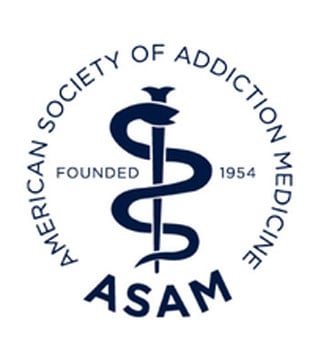Dialectical Behavior Therapy (DBT)

Are you or someone you care about struggling with overwhelming mental health challenges and the weight of addiction? You’re not alone.
Dialectical Behavior Therapy (DBT) offers a proven way to navigate both, helping you understand your feelings and develop healthier coping strategies for a more balanced and fulfilling life.
What Is Dialectical Behavior Therapy (DBT)?
Dialectical Behavior Therapy is a specialized form of talk therapy designed for those struggling with emotional regulation, especially those diagnosed with borderline personality disorder or other mental health challenges.
It helps individuals who struggle to manage and regulate intense emotions in a supportive environment.
TREATMENT MODALITIES
How Does DBT Work?
DBT emphasizes mindfulness, distress tolerance, emotional regulation, and effective social interaction. It teaches you to accept your feelings while working toward healthier behaviors through six key areas:
- Accepting circumstances and making positive changes.
- Understanding behaviors and learning healthier response patterns.
- Changing unhelpful, maladaptive, or negative thoughts.
- Developing collaboration skills.
- Learning new skills.
- Receiving support.
By focusing on mindfulness and emotional control, DBT helps you tackle emotional and mental health hurdles while building healthier coping strategies, especially when dealing with addiction.
DBT vs. CBT
DBT is rooted in Cognitive Behavioral Therapy (CBT), another type of talk therapy, but tailored for individuals who experience very intense emotions.
The key difference lies in their approach. While CBT focuses on how your thoughts, feelings, and behaviors are interconnected and influence each other, DBT goes further. It teaches specific techniques to help you accept yourself, feel safe, and manage intense emotions.
DBT for Addiction
Research shows that DBT is highly effective in the treatment of mental health and substance use disorders (SUDs). Clinical trials suggest that DBT not only helps you manage the intense emotions that often trigger substance use but also helps build healthier coping mechanisms, improves stress intolerance, and enhances emotional regulation to improve your quality of life during recovery.
The Benefits of DBT for Substance Abuse
You can benefit from DBT in several ways:
- Decreased substance use.
- Decreased physical discomfort associated with withdrawal symptoms.
- Lowered substance cravings.
- Improved emotional regulation.
- Improved ability to manage stress.
- Enhanced ability to cope with triggers.
- Increased sense of well-being.
Our DBT Approach
At Hanley Center, we understand that navigating mental health challenges and addiction can feel overwhelming. Our Dialectical Behavior Therapy program is designed to help you or your loved one manage intense emotions and build healthier relationships. We combine evidence-based techniques with compassionate support, creating a holistic treatment experience tailored to your needs.

Start Your Recovery Journey Today
Emotional regulation can be tough—especially when complicated by addiction. Our expert team is here to support your needs and provide the tools necessary to regain balance and joy.
Contact us today to schedule a consultation and discover how DBT can guide you toward a brighter, more hopeful future.
Hanley Center: Most Insurance Accepted
Address: 933 45th Street
West Palm Beach, FL 33407




